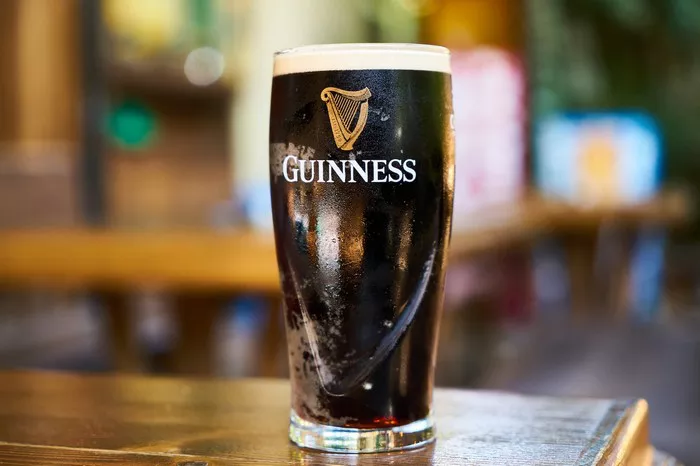Berlin, Germany – The recent football tournament has led to a significant surge in beer sales on German trains, as fans from across Europe travel to support their teams. Reports of Scotland fans depleting Munich’s beer supplies and England fans being restricted from strong beer have highlighted the event’s impact. However, according to Deutsche Welle (DW), Deutsche Bahn, Germany’s national railway company, is successfully catering to the beverage needs of football supporters.
Record Beer Consumption
Between June 14, the tournament’s kickoff date, and June 19, Deutsche Bahn transported approximately three million passengers, during which 44,588 liters of beer were consumed onboard. This figure represents nearly double the usual consumption rate. Deutsche Bahn’s collaboration with Starnberger Brauhaus, a brewery based in Feldafing, Bavaria, ensures that passengers can enjoy bottles of Starnberger Hell. Additionally, the trains offer Jever Fun Alkoholfrei Pilsener, a non-alcoholic option. Draft beer is also available in the dining car, with a 500ml pour of Bitburger Premium Pilsener priced at €4.60.
Food and Additional Services
The increased appetite of passengers was evident, with a 63% rise in the sales of bratwurst in buns during the initial days of the group stages. To meet the high demand for transportation to host cities, Deutsche Bahn added an extra 10,000 seats per day on match days. Despite these efforts, the service has faced challenges with delays and cancellations, causing frustration among fans.
Passenger Experience and Cultural Quirks
Football fans, particularly those from England, have expressed dissatisfaction not only with their team’s underwhelming performances but also with the local beer culture. The traditional “Champagne flute-style” Kölsch beer glasses have been a source of bemusement for many.
Flexible Alcohol Policies
Passengers on Deutsche Bahn trains are also allowed to bring and consume their own alcohol, adding to the festive atmosphere onboard. This policy, combined with the availability of various beers, has made train travel a popular choice for football fans during the tournament.
Conclusion
The football tournament has undeniably boosted beer sales on German trains, showcasing the significant cultural and economic impact of such events. Despite some operational hiccups, Deutsche Bahn’s efforts to accommodate the influx of football supporters have been largely successful, ensuring fans remain refreshed and ready to cheer for their teams.


